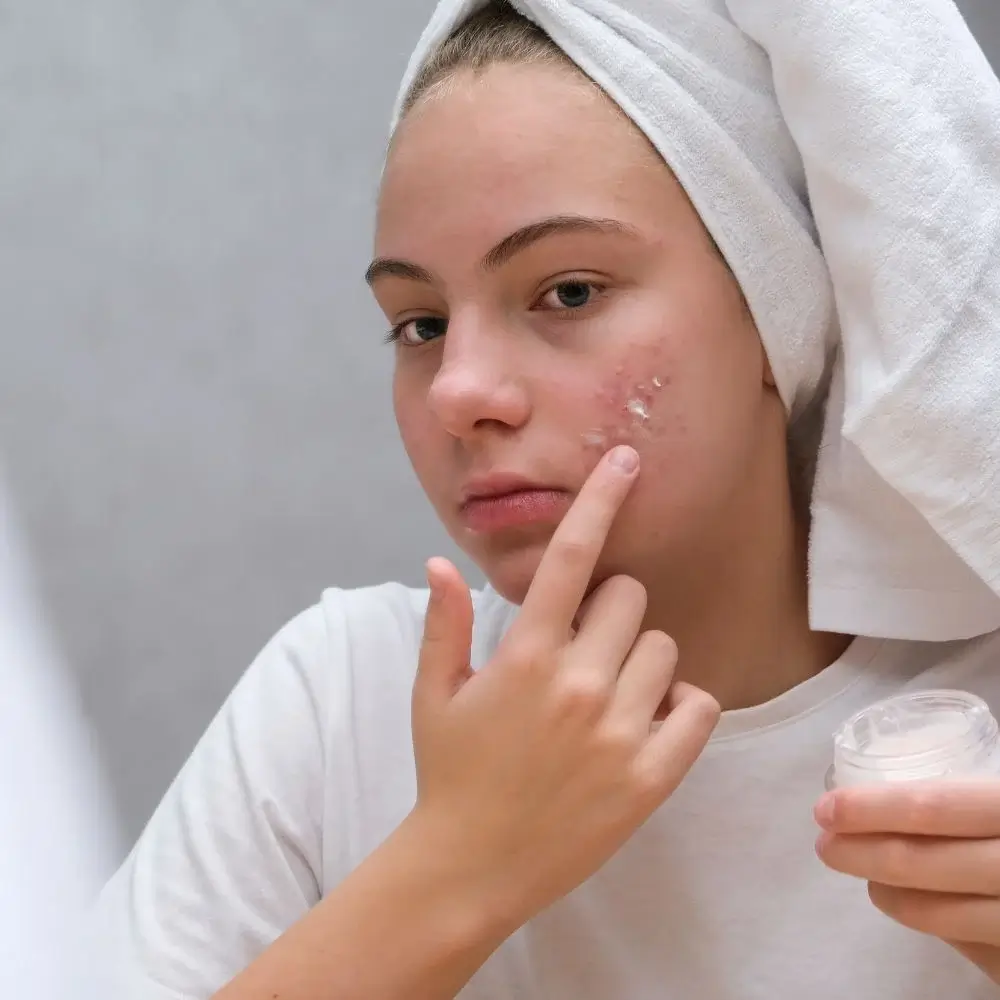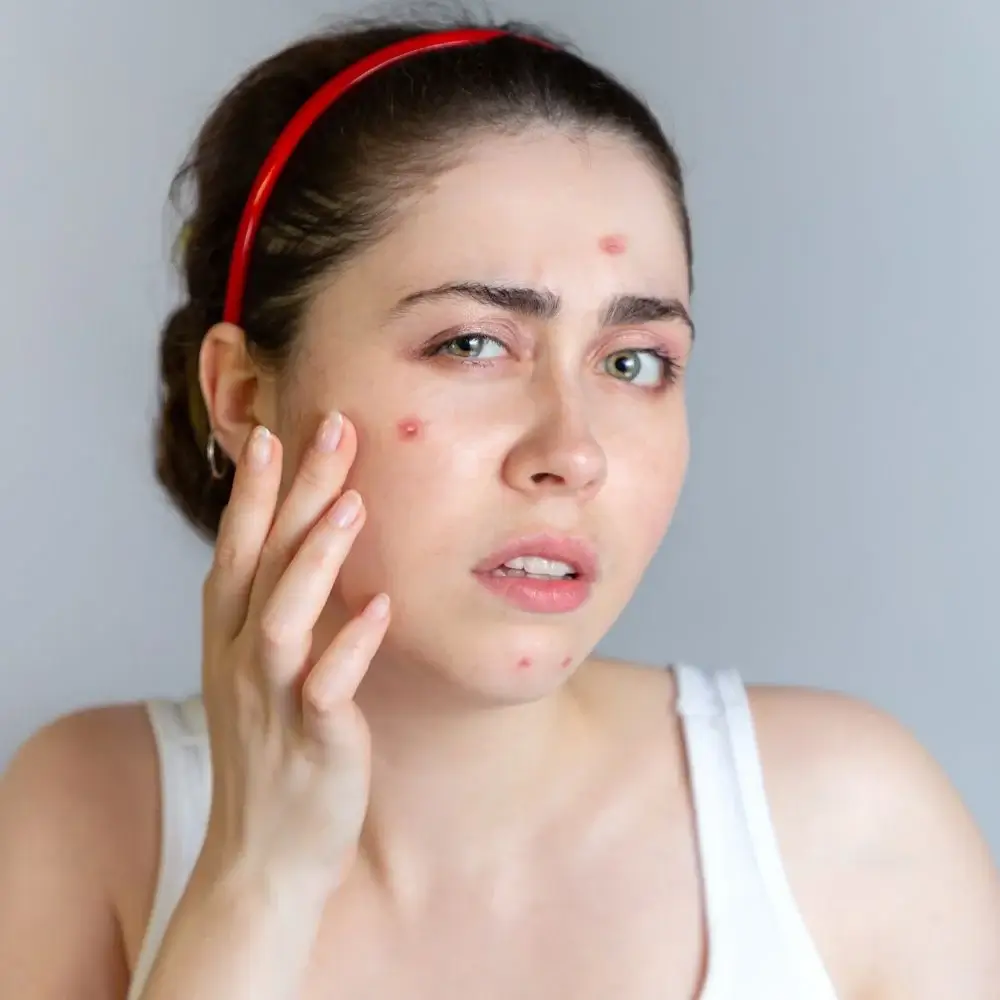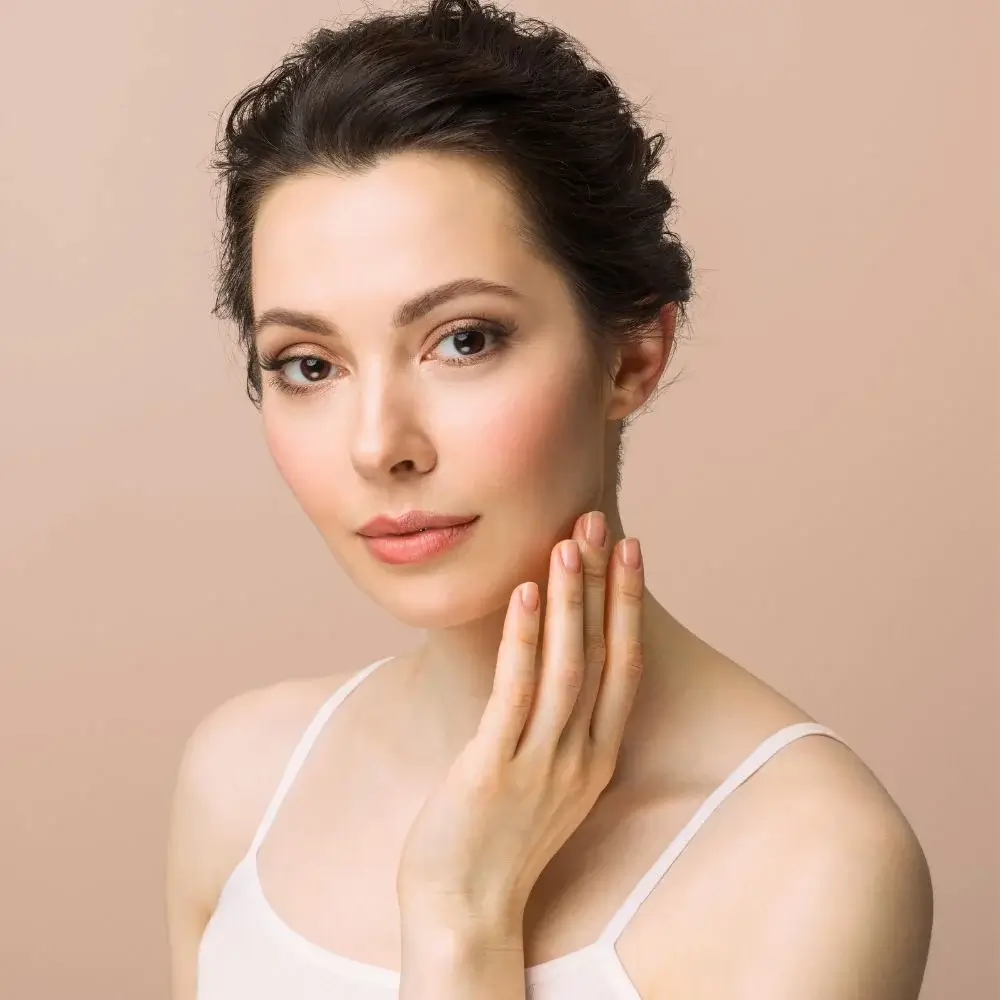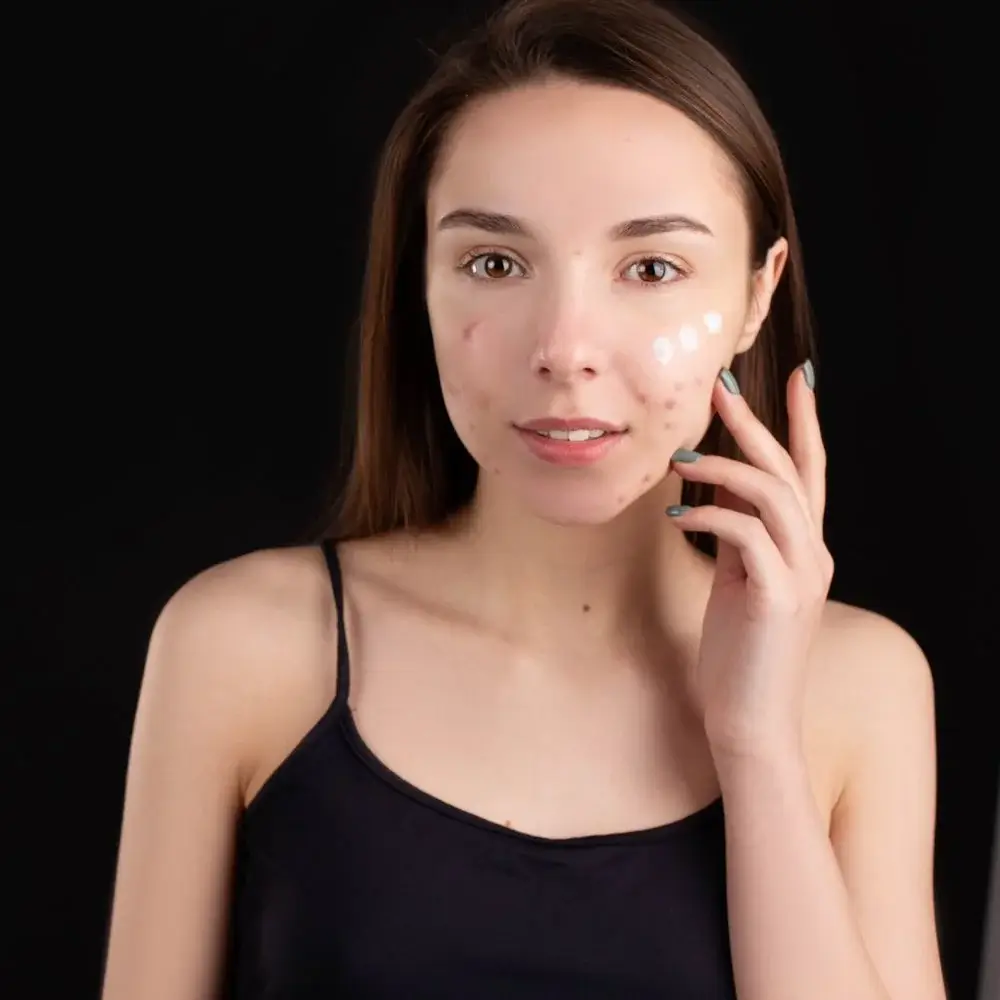Understanding the importance of choosing the proper acne treatment is crucial. Not all acne is the same, and what works for one person may not work for another. By tailoring your acne treatment to your specific needs, you can effectively address your skin concerns and achieve clearer, healthier skin.
Understanding Different Types of Acne
To choose the proper treatment, it's essential to understand the different types of acne and their causes. Acne can manifest in various forms, such as whiteheads, blackheads, papules, pustules, cysts, or nodules. Each type has unique characteristics and requires a specific approach for effective treatment.
Determining Your Skin Type
Knowing your skin type is vital when selecting an acne treatment. Skin types range from dry to oily, combination, or sensitive. Identifying your skin type allows you to choose products and treatments that are suitable and compatible with your skin's specific needs.
Considerations for Choosing Acne Treatments
When selecting an acne treatment, there are several factors to consider. Look for treatments with ingredients like benzoyl peroxide, salicylic acid, retinoids, or antibiotics, as they have been proven effective in treating acne. Consider the treatment format, whether it's a cream, gel, or cleanser, based on your preferences and the severity of your acne.
Popular Acne Treatment Options
Various acne treatment options are available, each with its own benefits and considerations. Some common treatments include:
- Benzoyl Peroxide: Helps to kill acne-causing bacteria and reduce inflammation.
- Salicylic Acid: Exfoliates the skin and unclogs pores, preventing future breakouts.
- Retinoids: Derived from vitamin A, these help to unclog pores, reduce inflammation, and promote skin cell turnover.
- Antibiotics: May be prescribed by a dermatologist for severe or persistent acne to reduce bacteria and inflammation.
- Natural Remedies: Some people find relief using natural remedies like tea tree oil, aloe vera, or green tea extracts.
Factors to Consider
Several factors should be taken into account when choosing an acne treatment. Consider your skin sensitivity, any known allergies, your budget, and the duration of treatment. Finding a balance between efficacy and what works best for your circumstances is essential.
Consulting a Dermatologist
If over-the-counter treatments prove ineffective or if you have severe or persistent acne, it's recommended to consult a dermatologist. A dermatologist can assess your skin condition, provide personalized recommendations, and guide you toward the most suitable acne treatment options.
Choosing the proper acne treatment is a journey toward achieving more transparent, healthier skin. You can make an informed decision by understanding the different types of acne, determining your skin type, considering various treatment options, and considering personal factors. Remember, the path to clear skin may require an error, but with patience and persistence, you can find an acne treatment that works best for you. Take proactive steps, consult a dermatologist when needed, and embrace the journey toward achieving your desired clear, radiant skin.
Upon completing our thorough research and pinpointing the paramount solution for combating acne, the time has come to take decisive action. Follow the link to uncover your new go-to, the Best Acne Treatment. This link is your gateway to a skincare regimen that promises to be a game-changer. Take the next step in your journey to clearer, healthier skin by exploring and adopting the Best Acne Treatment. Click now to embrace a transformative skincare experience and discover the path to radiant confidence. Your skin deserves the best—find it through this link.
What is the best skincare routine for acne-prone skin?
The optimal skincare routine for acne-prone skin involves a meticulous approach. Start with a gentle, non-comedogenic cleanser to remove impurities without exacerbating sensitivity. Follow with a salicylic acid-based toner renowned for its ability to penetrate pores and combat acne-causing agents. Apply a targeted treatment, such as benzoyl peroxide or salicylic acid, directly onto active breakouts. Employ a lightweight, oil-free moisturizer to balance hydration levels and cap it off with a broad-spectrum sunscreen to shield against potential UV-induced irritation. Consistency is paramount, and it's advisable to steer clear of abrasive scrubs. Consulting with a dermatologist ensures personalized recommendations for enduring results.

What are the common misconceptions about acne?
Dispelling misconceptions surrounding acne is imperative for informed skincare. Contrary to popular belief, acne isn't solely a consequence of inadequate hygiene; genetic and hormonal factors often influence it. Another prevailing myth suggests that tanning can alleviate acne when, in reality, it tends to exacerbate various skin conditions. Recognizing that effective acne management necessitates a comprehensive strategy beyond surface-level treatments is crucial for fostering accurate understanding and promoting informed choices in skincare practices.

What is hormonal acne, and how is it treated?
Hormonal acne, a common concern among adults, stems from fluctuations in hormonal levels, primarily affecting areas like the jawline and chin. Its distinct characteristics warrant specialized approaches for effective management. Treatment may involve the use of oral contraceptives, anti-androgen medications, or prescription topical treatments that target the root cause of hormonal imbalances. A holistic approach to addressing these imbalances is vital for sustained, long-term control and the prevention of recurring hormonal acne breakouts.

How does benzoyl peroxide work in treating acne?
Benzoyl peroxide, a stalwart in acne treatment, functions through a multifaceted mechanism to combat breakouts. It reduces acne-causing bacteria by releasing oxygen, creating an inhospitable environment for bacterial survival. Simultaneously, it acts as a potent exfoliant, aiding in unclogging pores and preventing future blockages. While introducing benzoyl peroxide, it is advisable to commence with a lower concentration and gradually increase it as the skin acclimates. Pairing it with a suitable non-comedogenic moisturizer is recommended to mitigate potential dryness, ensuring a balanced and effective skincare routine.

How should one properly cleanse their face to prevent acne?
Crafting an effective cleansing routine is pivotal for acne prevention. Opt for a mild, fragrance-free cleanser to delicately rid the skin of impurities without causing undue irritation. Twice-daily cleansing strikes a balance between cleanliness and preventing excessive oil depletion. Overwashing can strip the skin of its essential oils, increasing oil production. Gently pat the face dry and follow up with a non-comedogenic moisturizer to maintain hydration. Incorporating targeted treatments into the routine, such as those containing salicylic acid or benzoyl peroxide, can further enhance efficacy for individuals with acne concerns.
Should one pop pimples or let them heal naturally?
Resisting the urge to pop pimples is paramount for optimal skin health. Popping can introduce bacteria, leading to infection and potential scarring. Encouraging natural healing processes is advisable. Applying a warm compress can alleviate inflammation and promote drainage. If intervention is necessary, opt for topical treatments containing salicylic acid or benzoyl peroxide. Seeking professional advice from a dermatologist ensures tailored guidance, minimizing the risk of adverse effects and facilitating a more informed approach to managing acne-related concerns.







